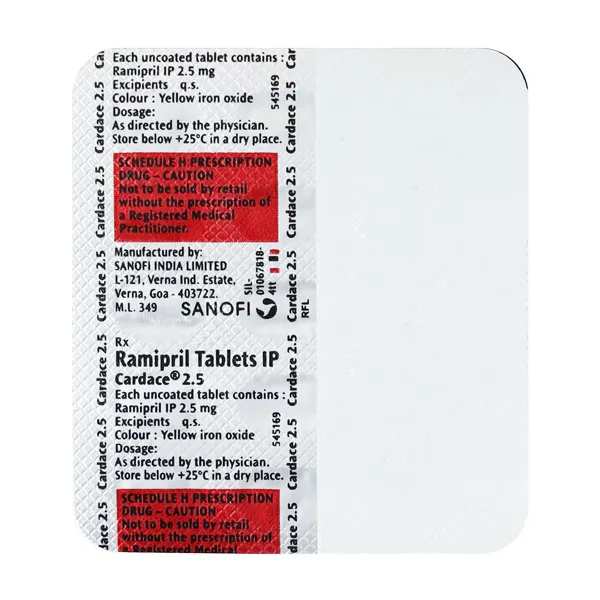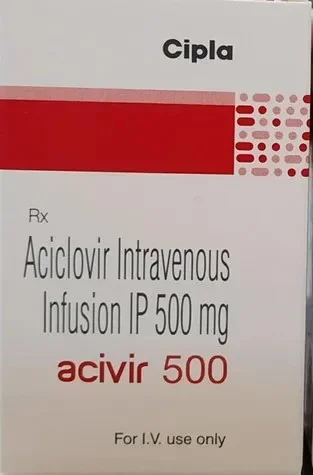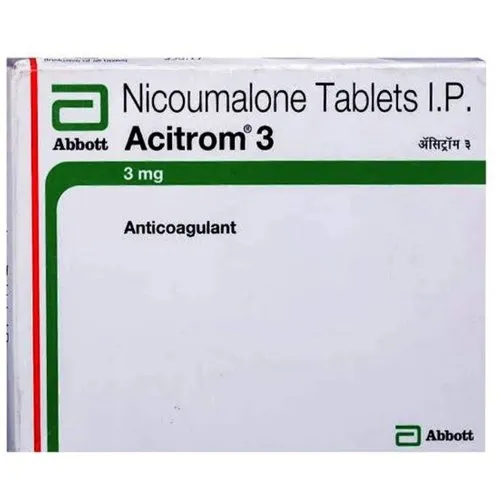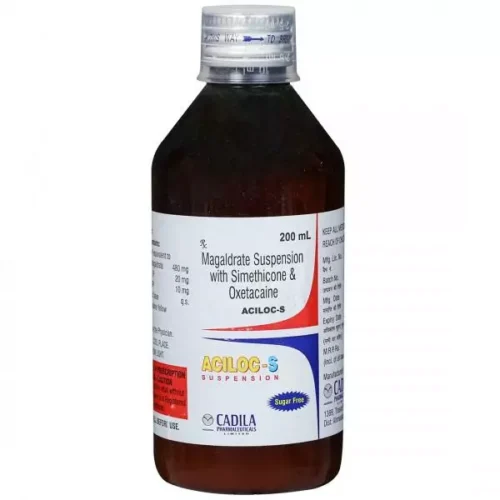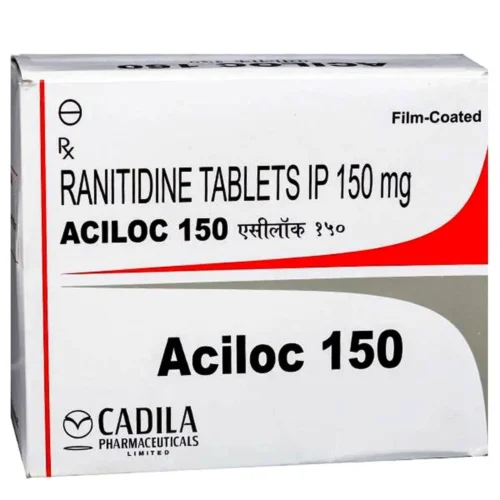Use:
It is used to treat hypertension and heart failure and can be prescribed post-arrhythmia. It also reduces the risk of heart attack or stroke.
Indication:
it may be prescribed on its own or in conjunction with other medications.
It can be taken either on its own or with food.
It should be taken at least once a day.
It is important to take it regularly, even if you are feeling good or have your blood pressure under control.
If you stop taking it, your condition may worsen.
This is one of the most widely used medicines.
It is safe to take for long periods of time.
Some lifestyle changes can also help lower blood pressure.
For example, you can exercise regularly, lose weight, stop smoking, reduce alcohol consumption, and reduce salt intake in your diet according to your doctor.
Side Effects:
Common side effects include dry cough, headaches, and tiredness. Most of these side effects are short-term and go away over time. If any of these symptoms bother you or persist, consult your doctor.
Safety Advice:
If you have kidney or liver problems, consult your doctor before taking this medicine. If you are pregnant or breastfeeding, your doctor should also consult you before taking this medication. Your doctor may test your kidney function, your blood pressure, and your potassium levels while taking this medicine at regular intervals.


